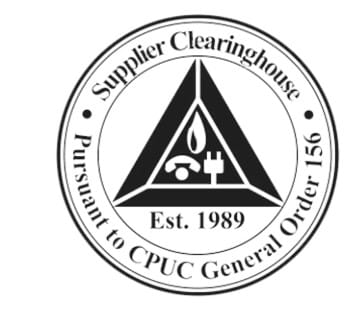
California has passed a bill that requires the California Energy Commission (CEC) to develop uptime recordkeeping and reporting standards for electric vehicle (EV) chargers installed between January 1, 2018, and January 1, 2024. The legislation mandates that the CEC establish these standards for chargers that received state incentives or specific public funding. Working in collaboration with the California Public Utilities Commission (CPUC), the CEC must develop the standards by January 1, 2027. The bill also grants the CEC authority to enforce compliance, including the potential for civil penalties. The overarching goal is to enhance the reliability of public EV charging infrastructure across the state.
Furthermore, the bill extends existing uptime standards—such as the 97% uptime requirement—to publicly available chargers installed on or after January 1, 2024, if they received qualifying incentives. It also directs the CEC to adopt measures to improve charger reliability and to establish customer notification standards regarding charger availability by January 1, 2025. A biennial assessment of EV charger uptime will also be required.
In essence, California is expanding uptime reporting obligations for older, publicly funded chargers while reinforcing performance standards for newer installations—all to strengthen the reliability of the state’s growing EV charging network.
SEPIA Energy, with its vast experience as a licensed electrical contractor in California, is well-positioned to assist site owners and operators in maintaining or repairing EVSE infrastructure to meet these evolving compliance and performance requirements.



